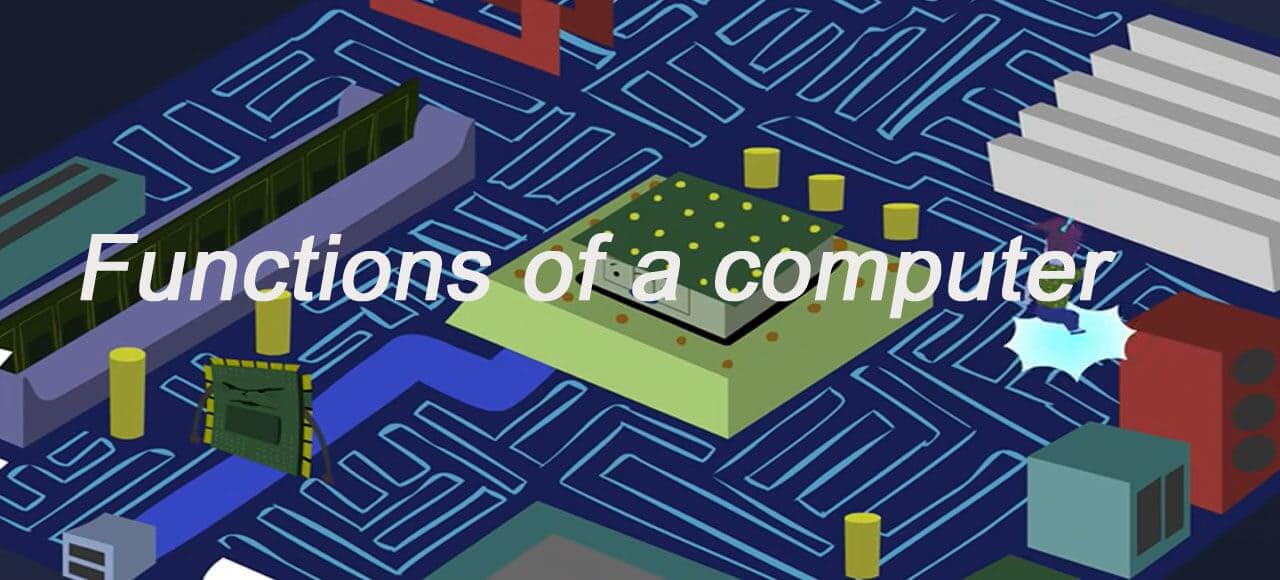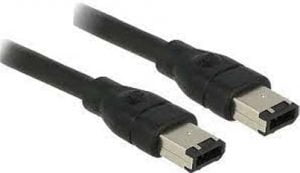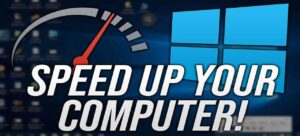We can perform almost all our important task using a computer today. Among different functions of a computer, in this guide I will discuss abut main 4 functions of a computer.
A computer is an electronic device that performs specific tasks by processing information using digital instructions.
Computers come in all shapes and sizes, from laptops to supercomputers, and can be found in businesses, homes, schools, and even hospitals.
Computers use a variety of methods to store and process data.
Some computers use a hard drive to store data, while others use a memory card or a floppy disk. Computers also use a variety of input devices, such as a mouse or a keyboard.
Computer science is the study of the principles and methods of designing, constructing, and operating computers.
The field encompasses a wide range of topics, from fundamental algorithms and data structures to modern software engineering techniques.
In general, computer science is the study of how to make computers do what we want them to do.
However in this guide I will discuss about the main 4 functions of a computer.
Functions of a computer
The main 4 functions of a computer are data processing, data storage, data movement and control. Let’s go the the details of all the functions of a computer bellow.
1. Data processing
Data, which have a wide variety of forms as well as range of processing requirements is broad.
Data processing is the act of transforming data from its original form into a more usable form.
This can include any number of tasks, such as sorting, filtering, and organizing data. It can also involve transforming data into a form that is more manageable, such as making it into a database.
Data processing can be used in a number of different contexts, including business, science, and engineering. It can help organizations get the information they need to make decisions, understand how their systems work etc.
2. Data storage
Although computer processes data very rapidly, the computer must temporarily store at least those pieces of data that are being worked on at any given moment.
For this we need at least a short-term data storage function which is called the memory.
Not only that but also the computer performs a long-term data storage function to store files of data are stored on the computer for subsequent retrieval and update.
Data storage is the process of holding data so that it can be accessed by computers or other devices. It can be done in various ways, including on physical media such as hard drives or optical discs, or in electronic form.
Read out the very detail guide about types of computer memory to learn more about data storage.
3. Data movement
Mainly the operating environment of a computer consists of devices which serve as either sources or destinations of data.
When data are received or delivered to another devices which is directly or indirectly connected to the computer, then this process is known as input-output or I/O process.
At the same time the device which is connected is called computer peripheral. But when data are moved over a longer distances, then the process is known as data communications.
So we can simply said that data movement is the process of transferring data from one location to another. This can be done manually or through a data migration tool.
Data migration can be used to move data between different types of systems, platforms, and applications.
4. Control
There’s a control unit within the computer which manages the computer’s resources and orchestrates the performance of its functional parts in response to instructions.
I think, you have got an idea about the functions of a computer in this very short article. Now, its your time to share your thoughts and opinion about the topics.
Recommended articles:
Types of personal computer | what are the main types of PCs
Types of computer for organizations | use of organizational computer
How a computer takes decision? Decision taking overview of computer
What is CPU? What are the major parts of CPU
What is quantum computing? Advantages and disadvantages




